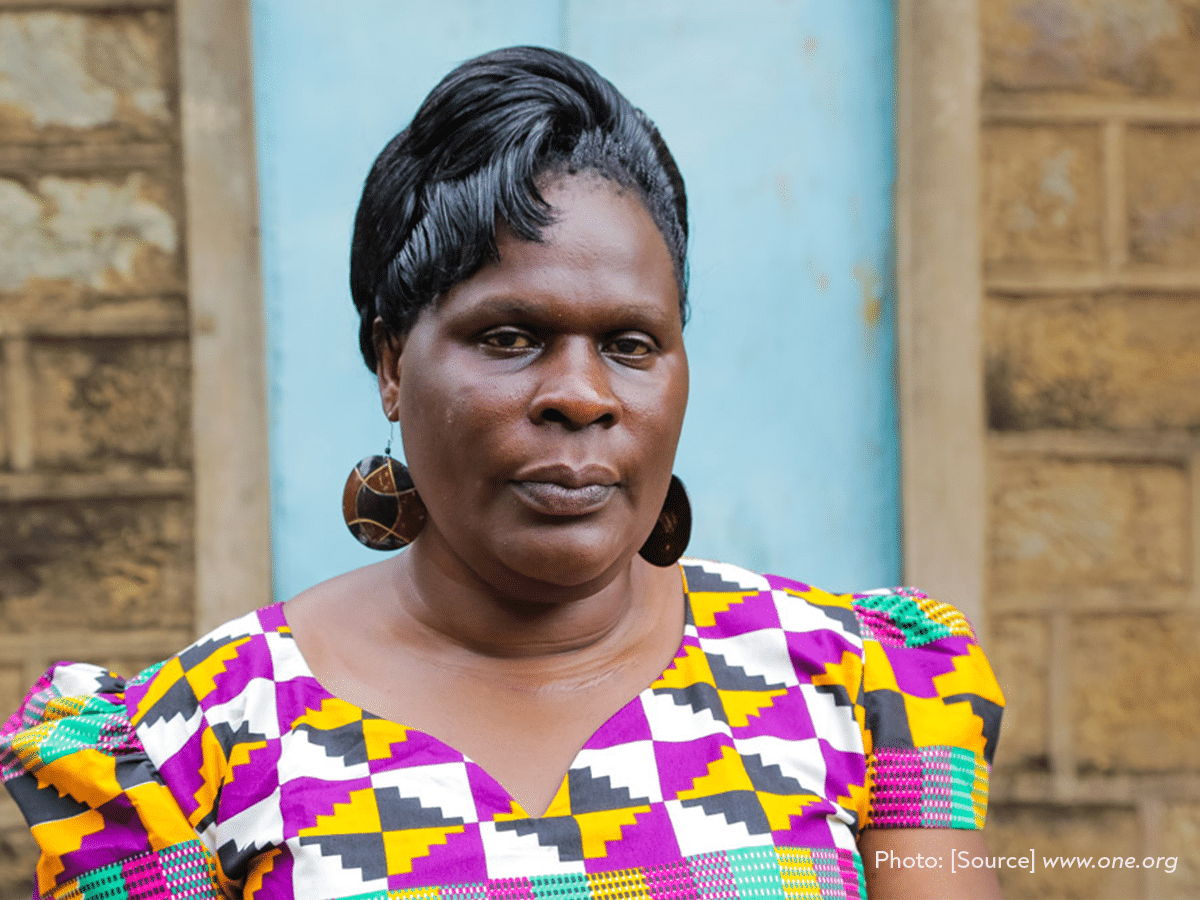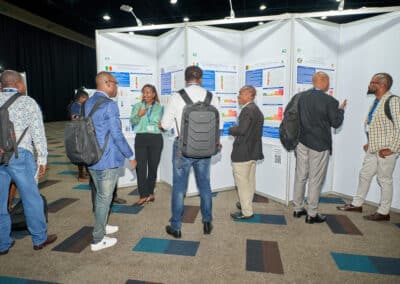Patricia Asero Ochieng is an HIV advocate who has lived with the disease since her diagnosis in 1990. She is also the chairperson of the International Community of Women Living with HIV in Kenya. For the past 15 years, Patricia has been managing her treatment for HIV as well as heart disease, high blood pressure, and asthma. She shares her experience and perspectives on how clinicians can better serve the needs of recipients of care battling non-communicable diseases (NCDs).
What does differentiated care mean to you as a recipient of care living with NCDs? It was our thought and feeling that with differentiated service delivery (DSD), clinicians would have enough time to be able to give quality services to patients. This is not happening much in my experience. Because of DSD, the clinics are not crowded, but I haven’t experienced true quality care, which in my opinion, would include screening and management of non-HIV conditions like NCDs. I’ve seen patients who’ve had a stroke because they had high blood pressure, which was never managed. But then they go to the HIV clinic for their ARTs. Clinicians are not using vital checks to pick up high blood pressure, diabetes, and those conditions.
So, what does your average treatment and management plan look like as a recipient of HIV care living with an NCD? For me, treatment in the HIV clinic is just getting my antiretrovirals. When I go to the facility, I pay my 100 Shilling co-pay and wait for triage, where they check my vitals. After triage, I see the clinician, who basically sits in front of their computer and asks just a few questions. They don’t even screen for TB, which is a procedure they’re supposed to do for recipients of care. They just find out about how many ART pills you have left and what you’re not using. The clinician doesn’t review your blood pressure or weight. Now that the clinicians have an electronic system, it’s all about the computer, “Oh, how have you been since you were here last time? Okay, go the pharmacy and pick your drugs,” that’s it. Nothing about the patient’s well-being. They’re not patient-centered. That is something I would want to see. For my asthma, high-blood pressure, and my enlarged heart condition, I go to a private facility every four months or when the need arises for treatment and medication.
What would holistic care look like for someone like you? I would want to see clinicians who treat me holistically. When I used to work for MSF and MSF ran a clinic at the Mbagathi Referral Hospital, they used blood pressure, pulse, and weight checks to refer you for treatment. If my weight is wrong, the clinician may refer me to a nutritionist for counseling. If I’m having a problem with blood pressure, then maybe a medical officer can review my medical history, find out what medication I’m using currently, the situation I’m in at that particular time, and prescribe the medicine that I can still also get within that very same facility. So, for me, treatment would be a one-stop-shop– get my antiretrovirals, my asthma medicine, and my hypertensive drugs in one place. I understand that it is done in some places, but it’s not yet happening where I take my medication. Looking at my past care, the clinicians knew whether my heart condition was stable or worsening.
I want also to see lab tests for things other than viral load, like monitoring sugar, looking at the biochemistry, and checking cholesterol. Those very basic things will help the clinician make a better diagnosis. Those services should be provided at the HIV clinic. And also, the physical examination I used to see some years back, just listening to the lungs and looking at the tummy, is no longer happening. I also think there should be a standardized treatment for HIV patients who have blood pressure and patient education and empowerment on knowledge of the side effects of the different medications. When I started my treatment for high blood pressure, I was prescribed medication that eventually gave me edema. My feet and legs were swollen up to my hip— it was horrible swelling, and I was wondering whether the ARTs were causing it. It was only later that I got to understand that it was the pressure medication that was causing the edema. I wasn’t informed of any side effects, so how do we standardize hypertensive treatment and have literacy for patients to understand the medications they’re taking, the side effects, and how to identify those side effects and report back to the clinician? I stopped taking my antiretrovirals for some time because I was naïve, and patients just need to have that literacy.
This year, CQUIN is supporting partner countries to improve further the coverage, quality, and impact of health services for people living with HIV by integrating and scaling up non-HIV services into DSD programs as part of the network’s focus on holistic person-centered care. The network has been exploring the barriers and facilitators to integration, focusing on family planning, hypertension, TB preventive treatment, and mental health. On July 11, Patricia was part of a panel discussion on a CQUIN webinar on the Integration of HIV and Hypertension Services: Case Studies from Kenya and Eswatini, linked here.






